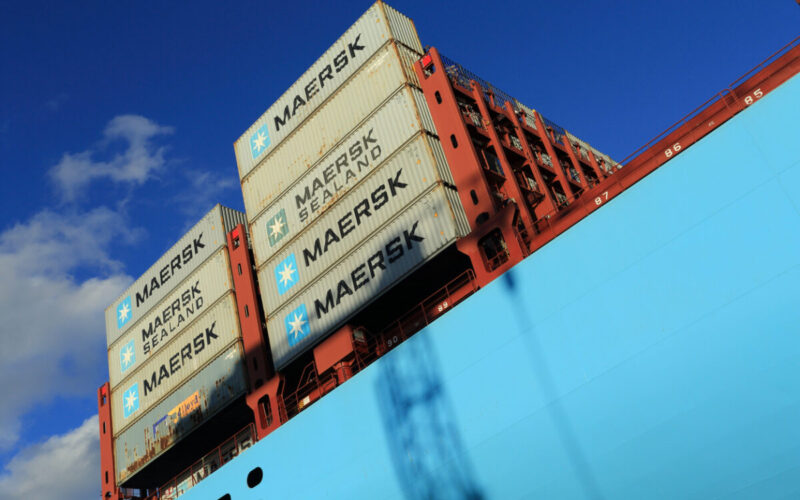AP Moller Maersk (Maersk) has announced its decision to persist with rerouting its containerships via the Cape of Good Hope, citing the persistent threat of Houthi attacks.
At present, the liner has no imminent plan to resume shipping operations in the Red Sea region. Given Maersk’s status as one of the foremost shipping companies globally, its decision carries considerable influence within the industry, potentially signalling an indefinite continuation of shipping disruptions in the Red Sea.
Maersk reported its delight with the advent of the European Union’s security operation, Aspides, after lauding it as a conducive step towards increasing safety in the region and mitigating risks posed to vessels traversing through the Red Sea and the Bab el Mandeb Strait specifically.
Maersk cited other ongoing initiatives such as the Operation Prosperity Guardian as reasons for optimism for the enablement of the safe return of regular operations via the Red Sea. Despite these seemingly efficacious developments, Maersk’s in-house analysis, coupled with insights retrieved from external sources, indicates a heightened level of risk with operating in the region.
“We have seen attacks on commercial vessels increase in numbers, including the tragic attack on the vessel True Confidence, which resulted in the death of three crew members, and the sinking of the vessel Rubymar, which is posing a serious environmental risk,” Maersk reported.
“These incidents unfortunately highlight the lethal effectiveness of missiles currently used by Houthi attackers and are one of the reasons for the elevated security risk we have in place at the moment.”
While acknowledging that some other shipping lines have either continued or resumed operations through the Red Sea, Maersk maintains that its route through the Cape of Good Hope and around Africa remains the most viable and reasonable solution that provides the best supply chain stability.
READ: UK exporters suffer amid Red Sea crisis
“Network changes are complex and take time to implement and we believe we should only implement such changes when they can be sustained over a longer period of time. We continue to believe it is the only way to avoid further disruption under the current circumstances,” Maersk stated.
“As we have mentioned many times, our utmost priority remains the safety and wellbeing of our crews, the safety of vessels they are sailing on and the safety and integrity of our customers’ cargo we are transporting.
“We remain hopeful that resuming sailing through the Red Sea will become possible in the near future and we are committed to providing our customers with regular updates on the developments.”
READ: Suez Canal toll revenues decline amid Red Sea tensions
Maersk halted operations in the Red Sea indefinitely in early January following a missile attack and attempted boarding on the Maersk Hangzhou on 30 December. This incident occurred shortly after Maersk had initially resumed transits through the region following the establishment of the U.S.-led naval coalition Operation Prosperity Guardian in mid-December.








